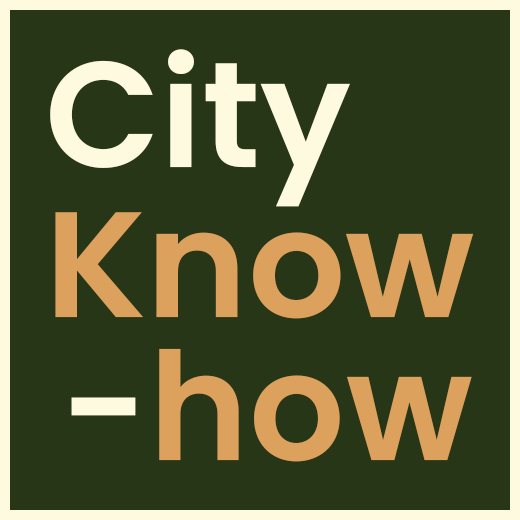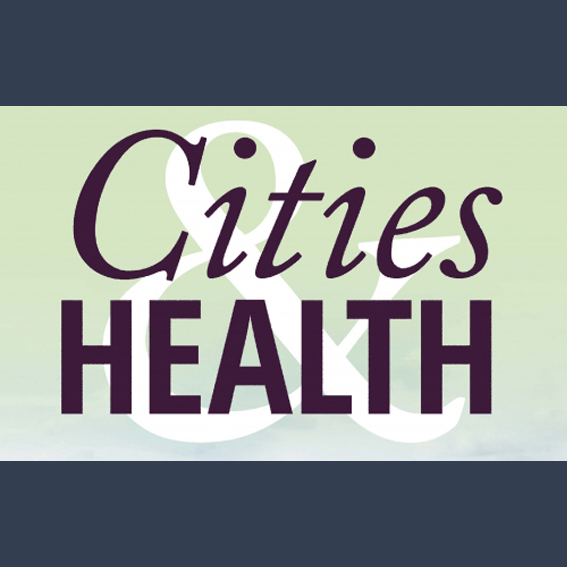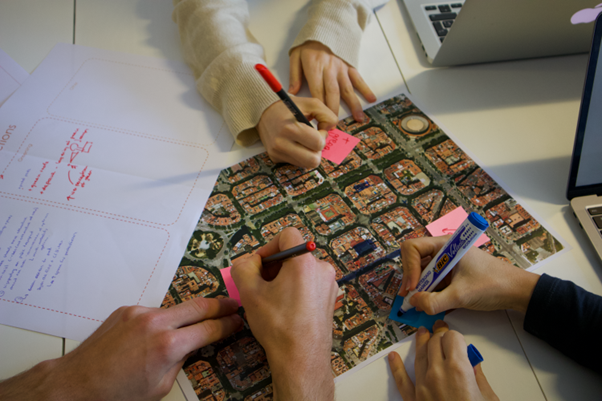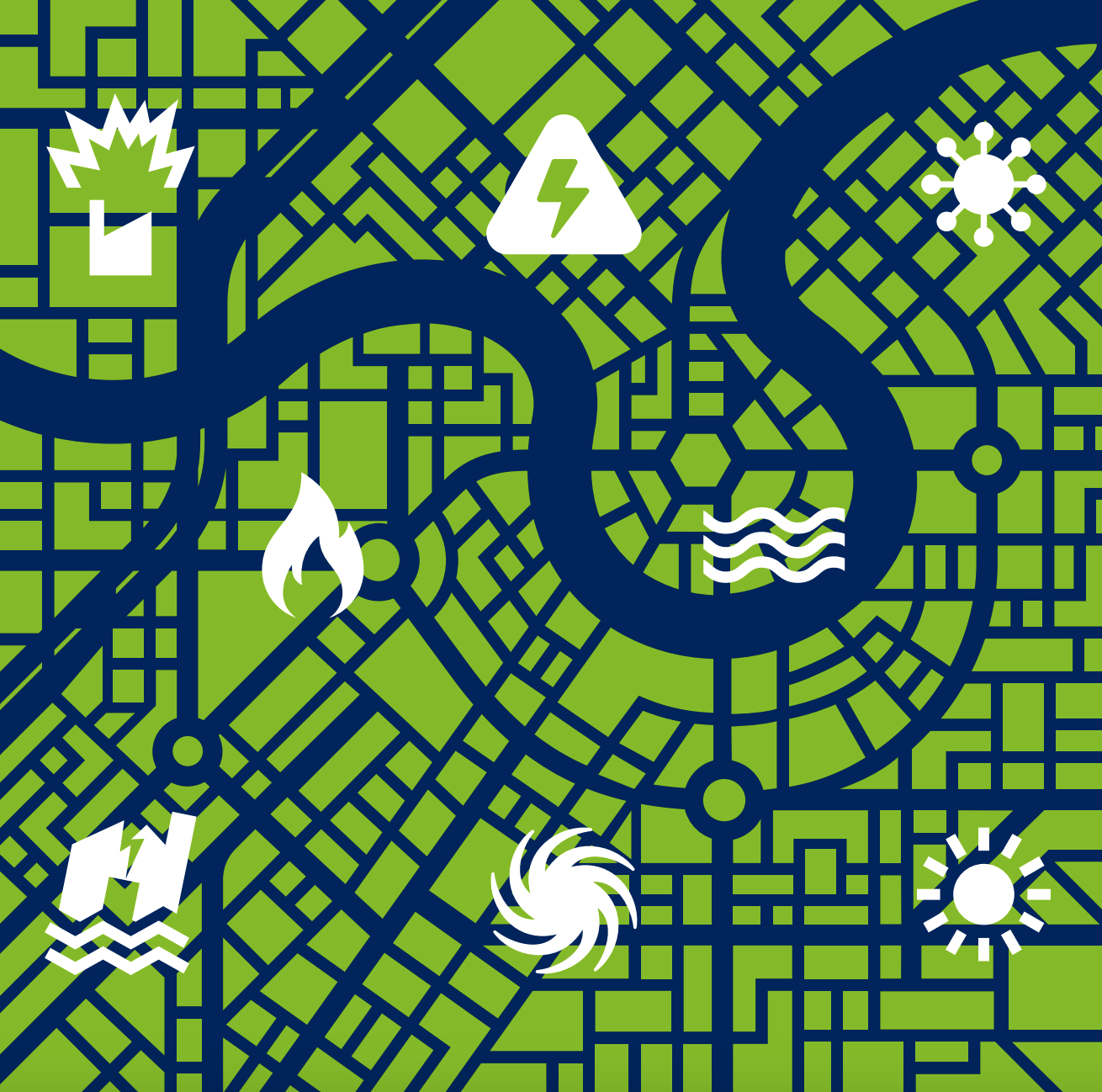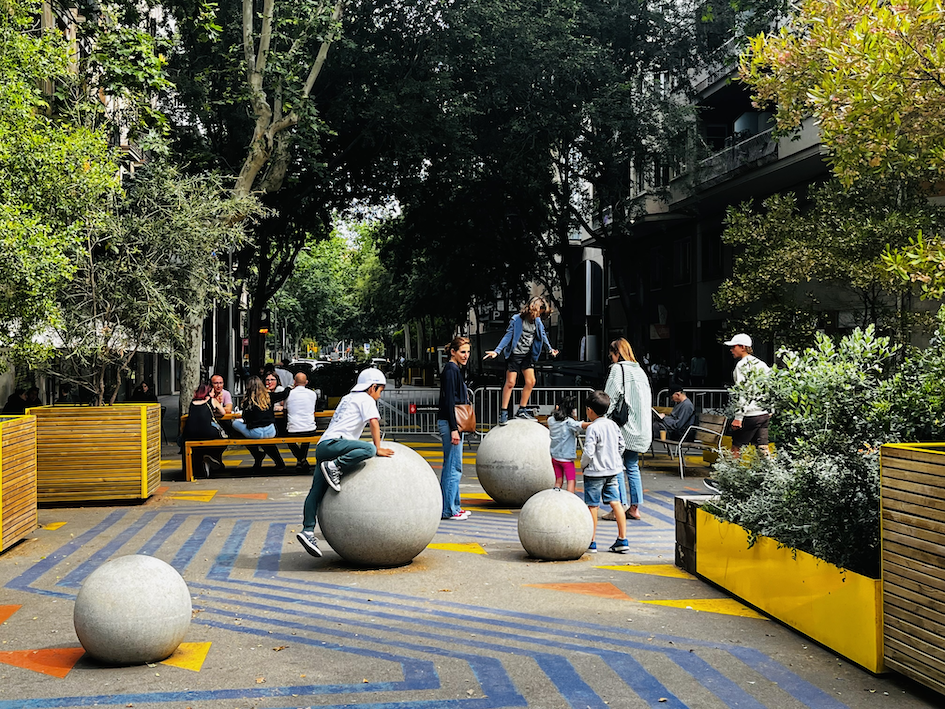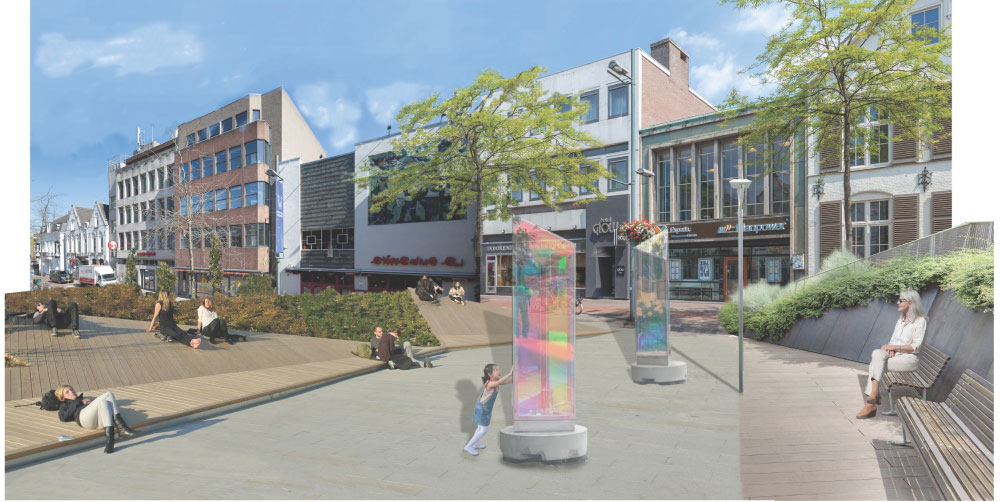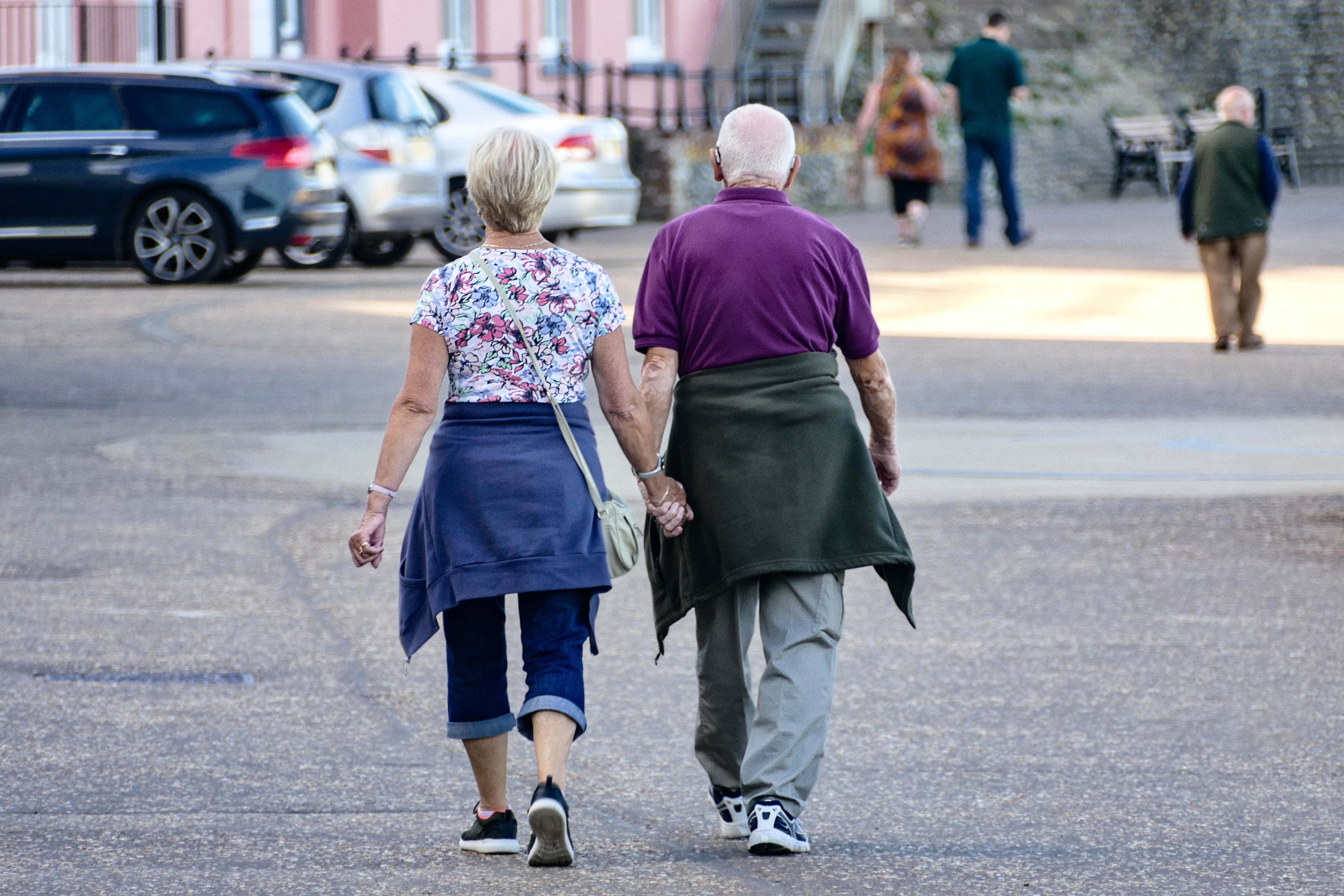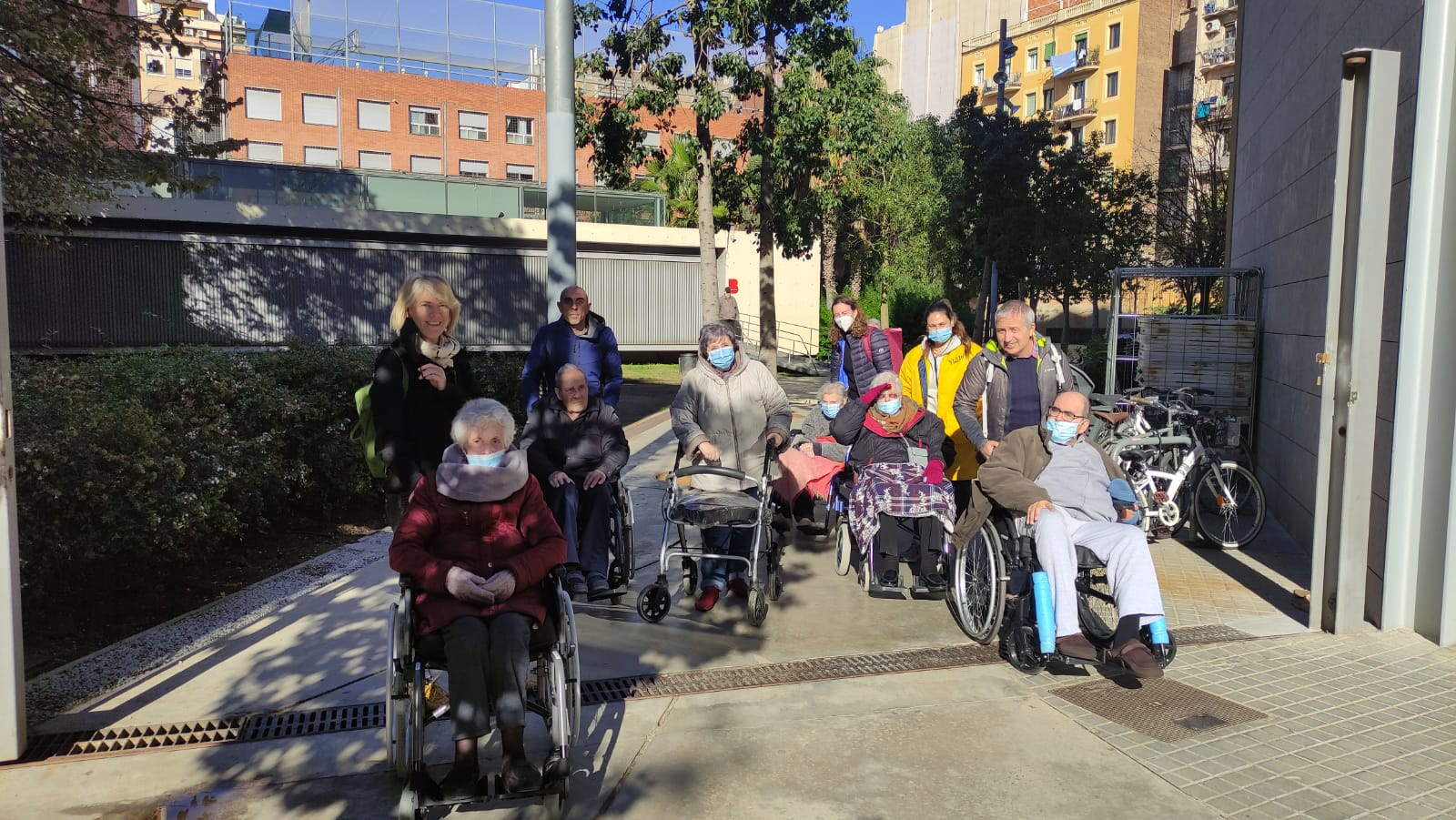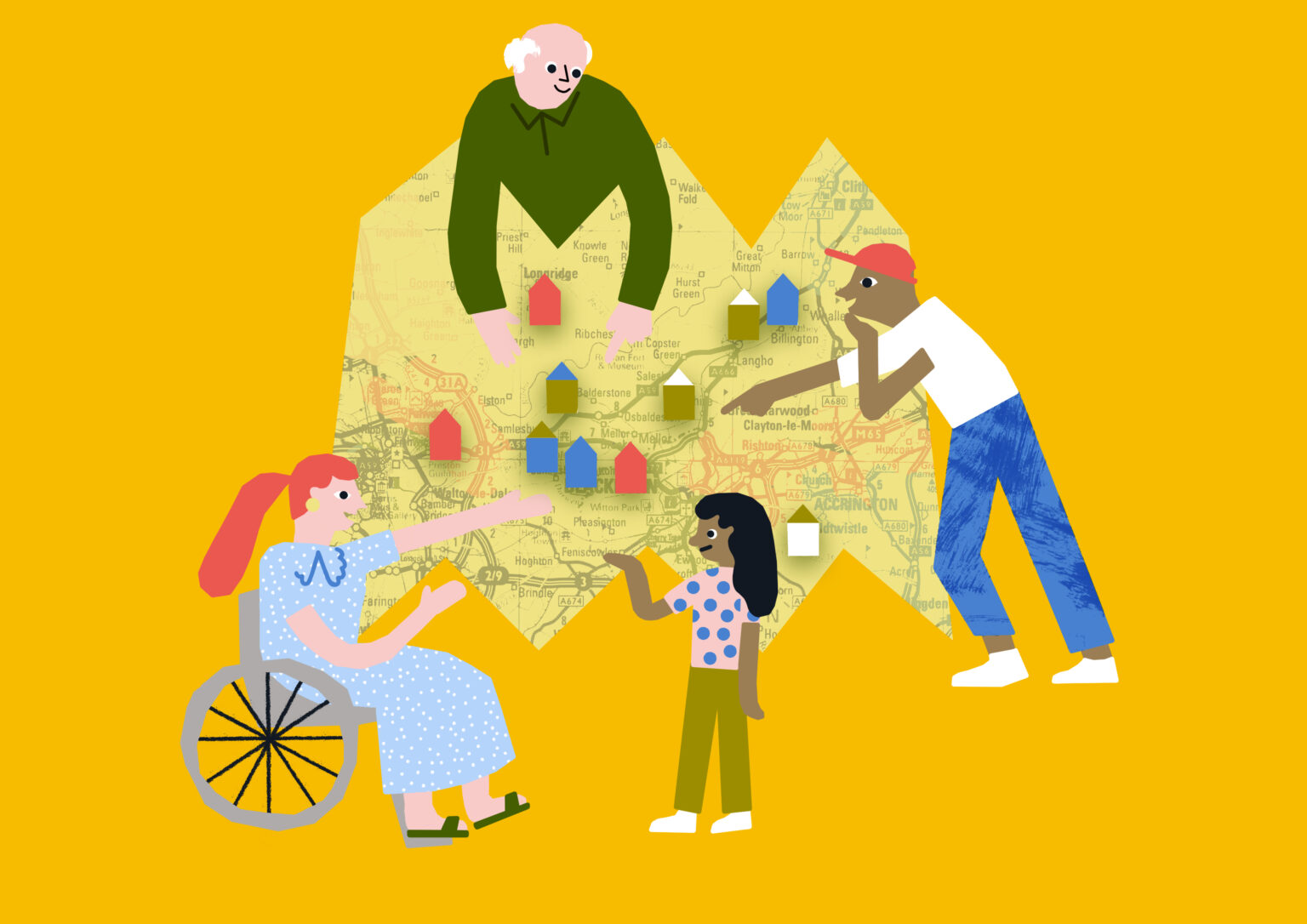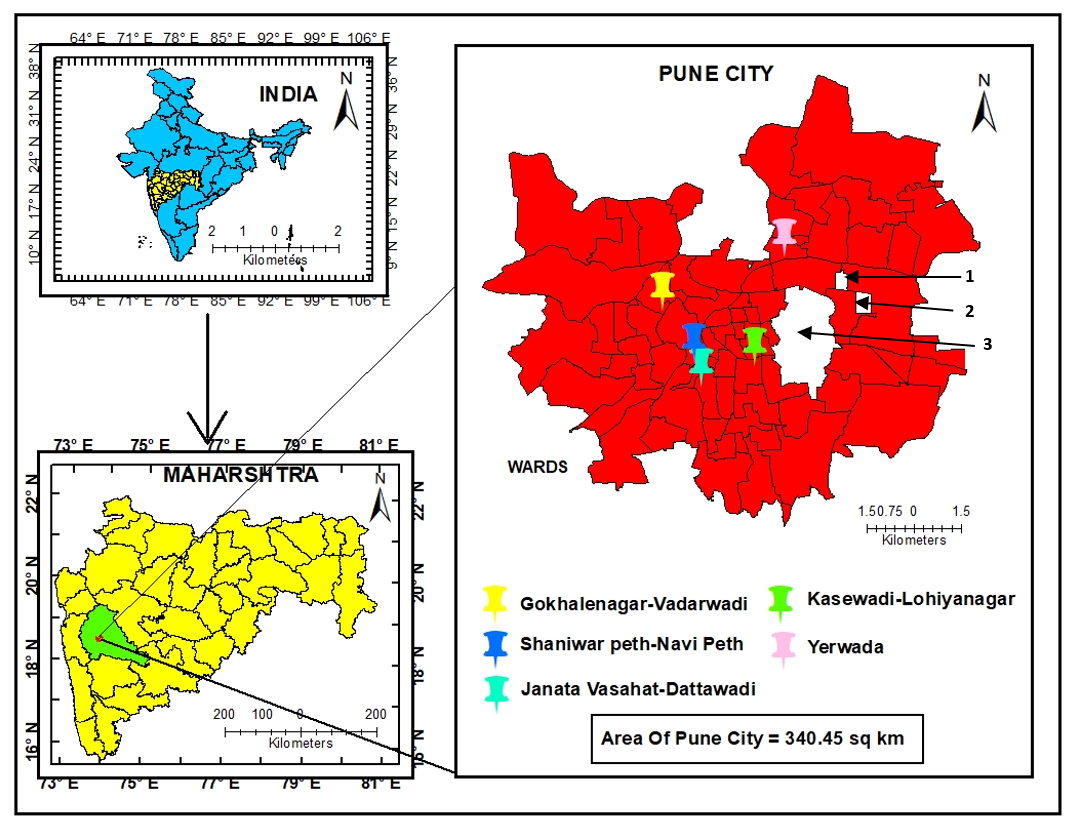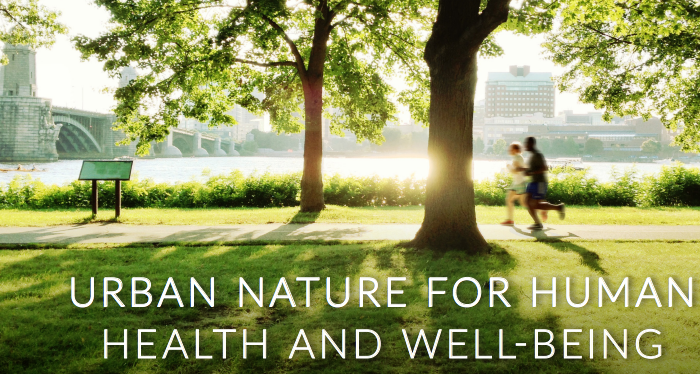Explore City Know-how topics
Topics applied into action
Contribution types help researchers hone writing skills.
Topics assist city makers in developing their vision.
Which tool to choose? An evaluation of the design and implementation of healthy planning frameworks in the UK
With so many different forms of guidance available for incorporating health into planning, our study evaluated what makes a healthy planning framework successful.
As emerging challenges have made urban areas increasingly vulnerable, jeopardizing the health and well-being of their inhabitants, resilience should be seen as a pathway for healthy cities and integrated into urban planning practices. This study shows if and how existing indicator frameworks can identify urban systemic vulnerabilities and priorities for resilience building to provide local authorities with evidence crucial in planning for healthy and resilient cities.
Identifying the best strategies and actions for cities to build urban resilience: a review of the evidence
Cities need to be aware of their vulnerabilities to local emergencies. They also need to understand which urban planning, design and management strategies work best to build resilience. We reviewed the latest scientific evidence to identify the most effective preparedness strategies for different emergency scenarios, analysing co- and dis-benefits among them. Ideas and tools for local authorities and communities in general to build back better.
Urban planning for health: experiences from 12 European cities on building resilience
Emergencies can become transformative experiences for cities: an opportunity to rethink, replan and rebuild, and to push for changes that can make them more healthy, sustainable, equitable and resilient. We interviewed 12 cities on their practical experiences with local emergencies and disasters, identifying common challenges and lessons learned for the future.
Safe, healthy, and accessible neighbourhood public spaces transform children’s lives in cities
This paper investigates how health-promoting planning strategies are leveraged in place-based urban transformation initiatives to develop public spaces within neighbourhoods to improve children’s and community wellbeing. Safe, healthy, and accessible neighbourhood public spaces transform children’s lives in cities.
How to design neighbourhood outdoor spaces to improve the mental health of all citizens?
Poorly designed neighbourhood outdoor spaces can harm citizens’ mental health, such as presenting them with information overload, crowding or low exposure to nature. Our research explored which design elements can support urban designers in designing neighbourhood outdoor spaces that can reduce stress and attention fatigue and improve the mental health of all citizens.
Make the neighbourhoods of your city age-friendlier, using tools that support more informed decision-making
Make the neighbourhoods of your city age friendlier by using tools that support more informed decision-making. Are you an urban planner or a policy maker interested in knowing how age-friendly the neighbourhoods of your city are? Would you like to know how to improve them?
Addressing urban health with older adults: co-creating an age-friendly urban design in Barcelona
Our study evaluates the reliability (consistency) of a local tool for measuring health determinants in public spaces, using a co-creation process with older adults living in care homes in Barcelona. It highlights the importance of inclusive urban planning and the varied perspectives of community members in enhancing urban health.
How can community consultations in planning be more effective, inclusive, and be ready for the post-pandemic era? Results from the project Community Consultation for Quality of Life find that participation in consultation can lead to increased wellbeing for individuals and communities.
Age-Friendly Communities enhance the elderly’s well-being in Pune, with improved access to healthcare, transport and housing
Age-Friendly Communities improve the elderly's well-being in Pune, through better healthcare, transport, & housing. It is vital to develop age-friendly communities in urban areas.
The study by collecting data from a sample in a developing and rapidly urbanizing country in South Asia highlighted the importance of green space interventions to promote urban dwellers’ contact with urban green spaces and physical activity levels. Moreover, it highlighted differences in urban green space usage behaviours based on differences in sociodemographic characteristics, suggesting the necessity to target certain sub-population groups more than others.
A brain health pilot program to prevent cognitive decline in community-dwelling older adults
Enhance cognitive health in older adult communities using the CAP approach: fostering Connectedness, feeling At home, and engaging in joyful Play. This community-centric model seeks to improve well-being and complements existing health resources systems, emphasizing the importance of building strong, supportive networks among older adults.
